Day 2 – Illinge
Where it all ends and it all begins – the graveyard. It stretches as far as the eye can see. And the graves are freshly dug earth. Mostly the graves bear birthdates in the 1970’s onwards. A whole generation is missing in this place. It is where the families come to grieve, to remember and to celebrate. The Xhosa way elevates death and reveres ancestors. But it is also a place of tragedy. The most visible sign of the terrible cost of HIV/Aids on these people.Illinge was a product of Aparthied. Political ‘troublemakers’ were uprooted from their homes, dumped on this land behind a mountain and forgotten. Now with 60 per cent unemployment, massive social problems and HIV/Aids, the Isibindi projects is a little oasis in the midst of this community.
From the graveyards, which are in the middle of the community, Heidi and Monika took us to the building where the project is based. A low, unassuming building that only stands out from the shacks around because of the brighly coloured play equipment and the white painted bricks that flank the little gardens.
As soon as we arrived, we were serenaded by about 15 women and three men with lively Xhosa songs. After introductions and Xhosa handshakes we followed then in to hear about their work. These are the childcare workers (CCW), selected from the community to work with the orphans of the HiV/Aids pandemic. It would be so easy to become completely overwhelmed by the exent of the problem or to throw quick money for quick solutions. But the Isibindi model works from the inside out, empowering the community to help itself.
Heidi and Monika arrived three years ago and are already recognising that their work here will have an end, when the childcare workers are qualified and leaders have been identified to carry on the work.Each of the men and women had their own harrowing stories to tell both from their case studies and from their own families. The support they give one another was tangible. These are women who would have no other destiny other than to be left at home, caring for extended families, in abject poverty often with absent or abusing partners. With the qualifications they will receive, they have futures and touch the lives of many around them as inspirations that there is hope of a better life and that change is possible.
Next, two of the workers took us on two house visits. First to a breeze block shack – recently built by the government with running water – except there is no water (it has to be carried in buckets from a distance away). The house was 3 rooms, in total about 4 times as big as the office kitchen. This houses 8 people. Children move in as parents die to be cared for by extended families. One two year old boy here had been sent down from Johannesburg but the grant that comes with him hadn’t caught up yet. Apparently families often argue for these children because of the grant that comes – a tiny, tiny amount of money.There was nothing in this house but it was absolutely spotless. The CCW visits this family daily to get the children dressed for school. They help with the whole business of life – applying for grants, hospital visits, sorting out complex family entanglements, even accompanying members to hospital and being with them when they die. Just as we were leaving, a girl came back from school carrying a loaf of bread that she had been given at school because the family has nothing to eat. There is no-one in this family able to earn anything.
Our next visit was to a girl of maybe 15 who was looking after her 9 month old disabled baby. Her CCW had helped her arrange physio and all the other stuff that babies need. Alex was very impressed and learnt a thing or two! Back to the centre and a quick game of football with the balls that we brought.
More experiences to come….
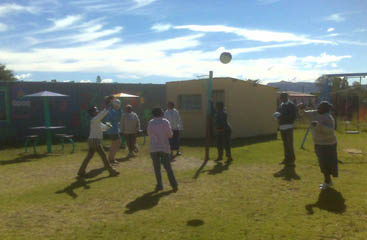 Sneakers
Sneakers

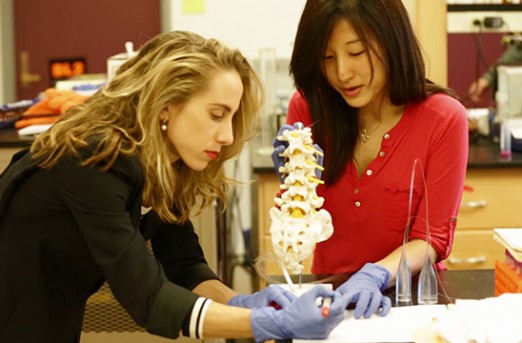
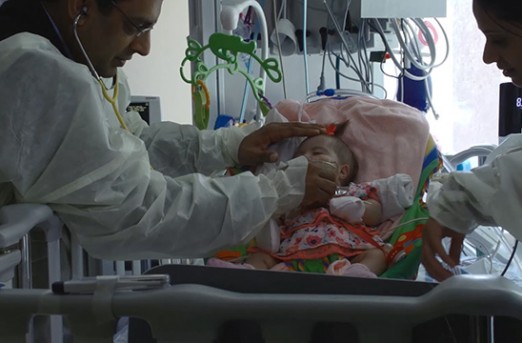


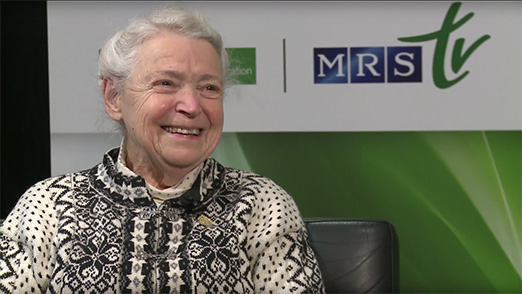
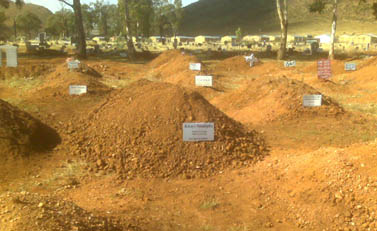
Comments :